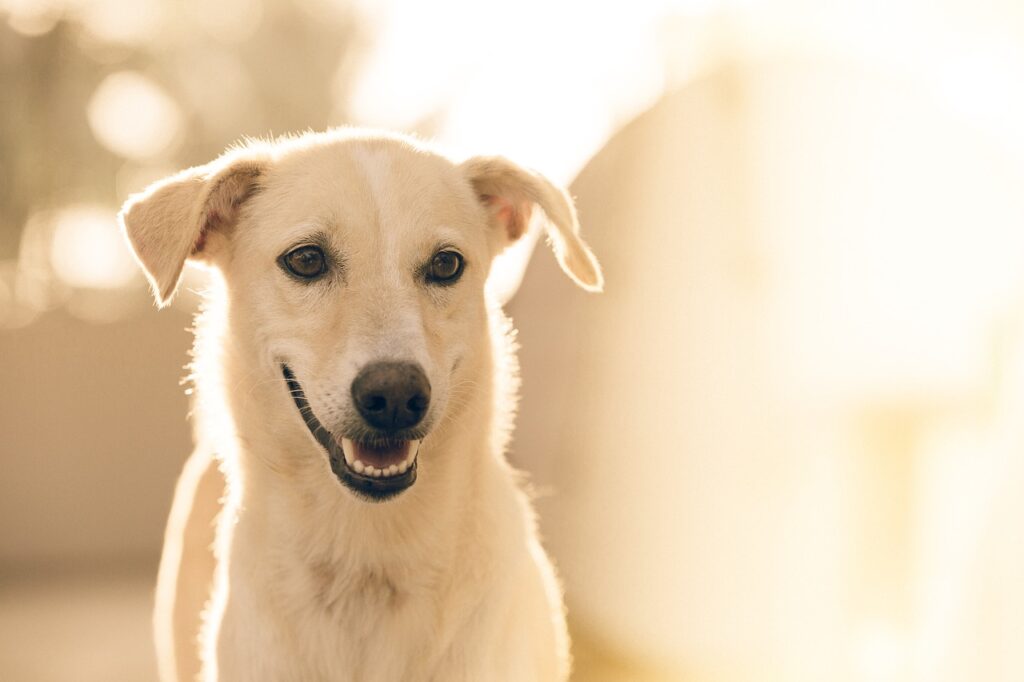Can Dogs Eat Rhubarb? – No, They Can’t
When it comes to our furry friends, not all human foods are safe for canine consumption, and rhubarb falls into the category of foods that dogs should avoid. Rhubarb plants contain oxalic acid, primarily in the leaves, which can be toxic to dogs if ingested. Feeding your dog rhubarb can pose serious health risks, including potential kidney failure. Although the stalks contain less oxalic acid compared to the leaves, it’s best to err on the side of caution and keep all parts of the rhubarb plant away from your pet.
Can Puppies Eat Rhubarb?
As for puppies, the answer to whether they can eat rhubarb is a definitive No. Puppies are much more susceptible to the toxic effects of oxalic acid due to their smaller size and developing organs. Even small amounts of rhubarb can cause severe health issues in puppies, potentially leading to rapid onset of symptoms and a higher risk of complications. Owners should be particularly vigilant in preventing puppies from accessing areas where rhubarb is grown or stored.
Why is Rhubarb Harmful for Dogs?
Rhubarb contains compounds that pose several health threats to dogs. Let’s discuss the primary reasons why this seemingly innocuous plant can be dangerous.
Oxalic Acid Toxicity
The most prominent risk comes from oxalic acid, found in large amounts in rhubarb leaves. When ingested, oxalic acid can bind with calcium in the dog’s body, leading to a drop in calcium levels and resulting in metabolic imbalances. This can trigger kidney damage and potentially lead to acute renal failure, a serious and potentially life-threatening condition.
Digestive Disturbances
Even in the absence of oxalic acid toxicity, the fibrous material in rhubarb can be difficult for dogs to digest. This can lead to gastrointestinal discomfort such as diarrhea, vomiting, and abdominal pain, which are distressing symptoms for any pet.
Hypocalcemia
Beyond the immediate toxic effects, if a large enough quantity of rhubarb is consumed, it can lower the calcium levels in your dog’s bloodstream, a condition known as hypocalcemia. This can cause additional complications such as muscle tremors, twitching, lethargy, and in severe cases, convulsions.
Symptoms to Watch Out For After Dogs Consume Rhubarb
- Drooling: An increase in salivation can be one of the initial signs of rhubarb toxicity and discomfort.
- Lethargy: If your dog appears unusually tired or weak, it may be a symptom of hypocalcemia or renal issues due to rhubarb ingestion.
- Vomiting or Diarrhea: Gastrointestinal upset, including vomiting and diarrhea, might occur if your dog eats rhubarb, signaling digestive irritation.
Immediate Steps to Take if Your Dog Eats Rhubarb
- Remove Rhubarb: If you catch your dog eating rhubarb, immediately remove any remaining plant matter from their reach.
- Contact Your Vet: Speed is crucial in a potential poisoning situation, so contact your veterinarian or an emergency vet clinic right away.
- Monitor Your Dog: While waiting for professional advice, keep an eye on your dog for any changes in behavior or the development of symptoms.
Safe Alternatives to Rhubarb
While rhubarb is dangerous for dogs, there are safe alternatives that they can enjoy. Consider offering your dog these safer food options instead:
- Carrots – A healthy and crunchy treat that can benefit your dog’s teeth and eyesight.
- Apples – Rich in vitamins and fiber, just remember to remove seeds and core.
- Blueberries – Antioxidant-packed berries that make for a low-calorie, sweet treat.
Conclusion
The key takeaway is that rhubarb should never be fed to dogs due to its oxalic acid content, which can cause kidney failure, digestive upset, and calcium depletion. Always prioritize your dog’s safety by keeping toxic plants out of reach and by promptly consulting a vet if accidental ingestion occurs. Fortunately, there are many healthy, dog-safe alternatives that can be enjoyed without the associated risks.
Frequently Asked Questions
What should I do if my dog accidentally eats rhubarb leaves?
Contact your veterinarian immediately, as consuming rhubarb leaves can be seriously harmful to your pet’s health.
Can rhubarb cause long-term damage to my dog?
Yes, rhubarb contains toxins that can cause long-term damage, especially to the kidneys, if not treated promptly.
Are rhubarb stalks as toxic as the leaves?
While the stalks have less oxalic acid than the leaves, they can still be dangerous, and it’s safest to avoid giving any part of the plant to your dog.
Is rhubarb safe for humans but not for dogs?
Yes, humans can consume the stalks of rhubarb safely in moderation, but it is toxic to dogs even in small amounts.



